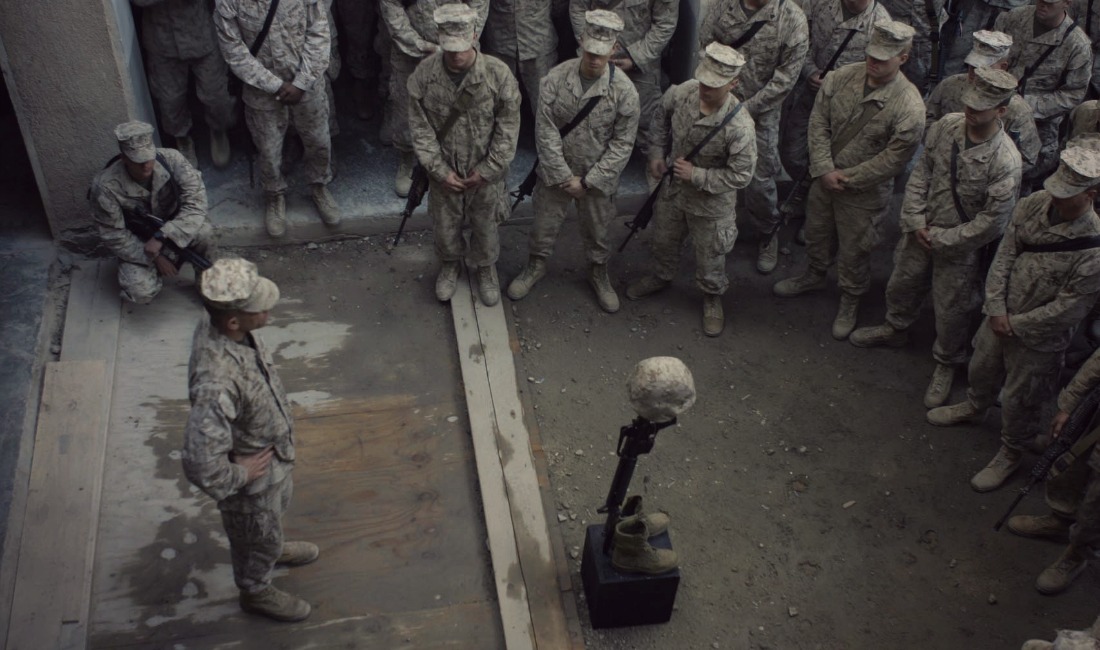The Purpose is Stasis
Well over a month since the 2016 election and more than two months since a public ODNI assessment of the matter (an organization which represents the combined views of 17 U.S. intelligence agencies), many people seem to be screwing up the Russia hacking story. For obvious reasons, Clinton proxies have hit the airwaves declaring that it was the linchpin upon which the election turned. For equally obvious reasons, the president-elect and his distressing parade of appointees have dismissed it as the work of conspiracy theorists. Adding to the chaos, disenchanted leftists and paid Russian shills have further stirred the pot of unreality, asking (in a baldly false equivalence) why Democrats should trust the same intelligence agencies that once led the United States to invade Iraq. As a consequence, the issue has become muddied. Only 55 percent of Americans are “bothered” by the hacking story, split almost wholly along party lines.
I want to lay down a few points that are, in my mind, abjectly true. Even before the election, I assumed these things were common knowledge. I realize too late they were not. Interspersed here will be my conclusions, based on the facts as I understand them.




